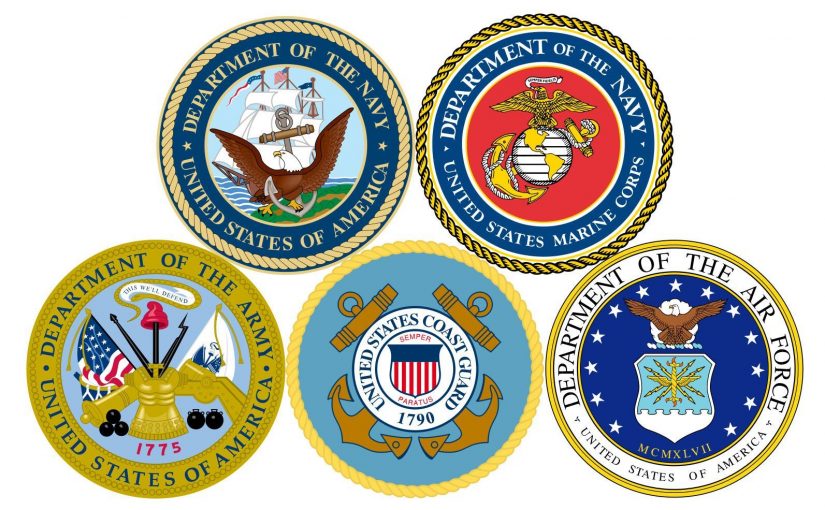Idealist.org is great for students who may not have their teaching certification yet, looking for non-profit work or mission-driven experiences. In the #NES Community, you can find relevant education and non-profit work easily through their search engine, and many of their opportunities are entry-level! Not only do they have jobs and internships but they also have relevant volunteer and graduate programs listed. This site is definitely a good catch-all source for those looking for relevant NES experience. Thankfully, the site is also well organized.
Their site is very easy to navigate, especially for students who are used to searching on Handshake. You just type in keywords for the field you are interested in, the area you are looking around, and then select if you are looking for “Jobs”, “Internships”, “Volunteer”, “Organizations” “Mutual Aid Groups” or “Grad Programs. There are also many other filters that can be used to apply to your search, such as “Job Function”, “Issue Areas”, “Education Level” and so much more! You can really curate the search to exactly what you are looking for, which is very helpful in narrowing down the thousands of search results. Once you find an opportunity you are interested in, then you can apply directly on their site, or it will direct you to the company site where you can apply. Depending on your specific field of interest, for those in the NES Community, we suggest using keywords such as “education”, “teaching”, “non-profit”, “social”, “fundraising” and “giving” to help kick-start your search.
Idealist.org also has many resources listed on the bottom of its website. They have career resources and also grad resources for applying to grad school. They have hundreds of articles aimed at helping you find the perfect opportunity to apply to next!
Overall, Idealist.org is a very useful tool for searching for jobs, internships, and other opportunities. Those in the NES community should definitely check out what Idealist has to offer since they have thousands of opportunities and also many resources for applying and maintaining your opportunity.


